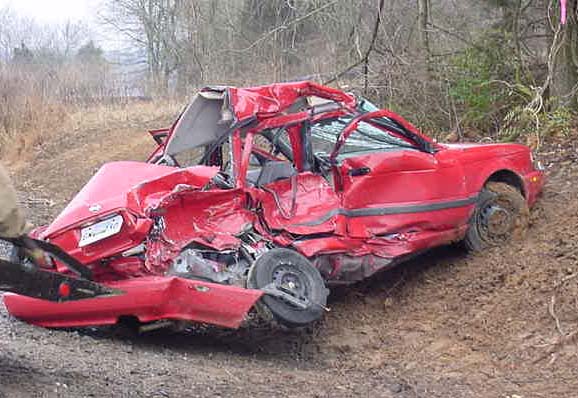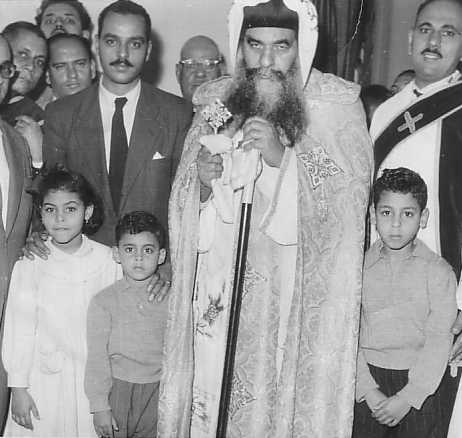
A couple of months ago I wrote about the Coptic Orthodox Church’s view on alcohol consumption . In summary, this policy is that while alcohol is not considered ‘evil’ in itself, it carries many risks, and as a community, we are better off not having any alcohol consumption at all, rather than accepting casual drinking with all its inherent risks.
I have since learned that the post apparently stirred up some controversy on an Orthodox Christian discussion board. Not many of the other Orthodox Churches share the Coptic policy on alcohol, it seems. So it was most interesting to find a piece on the Anglican Church’s official website which, while not going all the way and advocating total abstinence, does nonetheless come close. Graham Stanton, the author, bases his argument on the statistical facts that illustrate the damage that alcohol infllicts on a society that tolerates, or even, encourages it:
“As Christians our concern is for the three million Australians engaging in risky levels of alcohol consumption, for the 70,000 victims of alcohol related assault, the 20,000 children who will be victims of alcohol related child-abuse and the 450,000 children who live in households where they are at risk of exposure to binge drinking by at least one adult. As church communities we are also concerned for the way Christian youth and young adults are imbibing this culture to their physical and spiritual harm.”
All Australians know the prominent role alcohol plays in Australian culture. Drinking is seen to be a sign of manhood (or toughness in females, the Australian female being renowned for her ability to ‘match it’ with the best of the blokes); a social loosener for otherwise shy Aussie blokes; and a community activity that brings people together. This warm and fuzzy image of alcohol consumption takes something of a battering when one considers the indigenous communities that have been all but destroyed by rampant alcoholism that is endemic among Aboriginal communities where unemployment is high and free time is excessive. Domestic violence, sexual abuse, abuse of children and a multitude of diseases are just some of the terrible results of this uncontrolled use of alcohol, and show us just how much evil alcohol can produce in certain situations.
It may be argued that in other societies, the role of alcohol is quite different. Continue reading “Not Alone on Alcohol”

 Cloning is an issue that raises many complex moral and ethical issues. There is any number of opinions on many of these issues, but it has so far proven difficult for the honest Christian to find certain answers on many of them. I am not sure that I have definite answers, but I will simply share some thoughts on a few interesting questions. No doubt you might disagree with some of the things I write, but feel free to comment and tell me why.
Cloning is an issue that raises many complex moral and ethical issues. There is any number of opinions on many of these issues, but it has so far proven difficult for the honest Christian to find certain answers on many of them. I am not sure that I have definite answers, but I will simply share some thoughts on a few interesting questions. No doubt you might disagree with some of the things I write, but feel free to comment and tell me why.

 One of the major issues challenging our ethics in the 21st century is the issue of human cloning. There are compelling parallels to the rise of nuclear energy 60 years ago. Whilst nuclear energy has given us a relatively clean source of incredible amounts of energy, and is even used in medicine to save lives, it also brought with it the ability to destroy the world as we know it. Would we have been better off if the power within the atom had never been unleashed?
One of the major issues challenging our ethics in the 21st century is the issue of human cloning. There are compelling parallels to the rise of nuclear energy 60 years ago. Whilst nuclear energy has given us a relatively clean source of incredible amounts of energy, and is even used in medicine to save lives, it also brought with it the ability to destroy the world as we know it. Would we have been better off if the power within the atom had never been unleashed?


